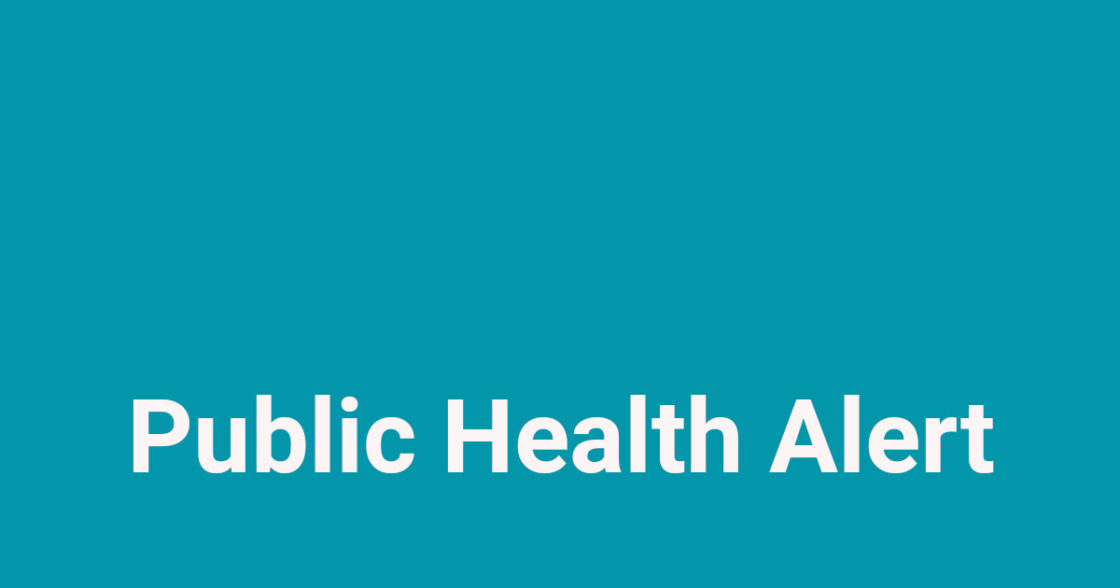Te Mana Ora | Community and Public Health unit has issued a health warning after high levels of faecal bacteria were found in samples taken from multiple sites in Whakaraupō-Lyttelton Harbour and Whakaroa-Akaroa Harbour including Wainui Beach, Duvauchelle Bay, Charteris Bay, Church Bay, Cass Bay, Glen Bay, Tikao Bay and French Farm.
“Rainfall in the area in the last few days has most likely caused the high levels of faecal bacteria,” says Dr Ramon Pink, Medical Officer of Health, National Public Health Service, Te Whatu Ora.
“Despite the sunny weather forecast for over the weekend, these sites remain unsafe for swimming until resampling indicates that the level of bacteria has reduced to safe levels.”
A number of other sites within Whakaraupō/Lyttelton and Whakaroa/Akaroa Harbours, including Akaroa Main Beach, Corsair Bay, Rāpaki Bay, Sandy Bay, Diamond Harbour Beach, Purau Beach, remain unsuitable for swimming this season due to the long-term grade and overall bacterial risk from contact with the water at these sites.
Other popular swimming sites in Canterbury may also have high levels of contamination after recent rainfall. People should avoid all rivers and beaches for at least two days after heavy rain.
“Water quality at affected sites is not considered suitable for recreational uses including swimming because of the risk to health from the bacteria and other pathogens,” says Dr Pink.
Eating shellfish and mussels from these sites should be avoided. If fish are eaten, remove the gut and liver and wash in clean water before cooking. For further information on gathering Mahinga Kai refer to information below.
Water contaminated by human or animal faecal matter may contain a range of disease-causing micro-organisms such as viruses, bacteria and protozoa.
Anyone that experiences gastrointestinal illness should contact their GP in the first instance or call Healthline on 0800 611 116
For further details visit: https://www.lawa.org.nz/explore-data/canterbury-region/
Or contact Te Mana Ora on (03) 364 1777:
https://www.cph.co.nz/your-health/recreational-water/
For more information about Mahinga Kai:
https://www.cph.co.nz/wp-content/uploads/saf0112.pdf

